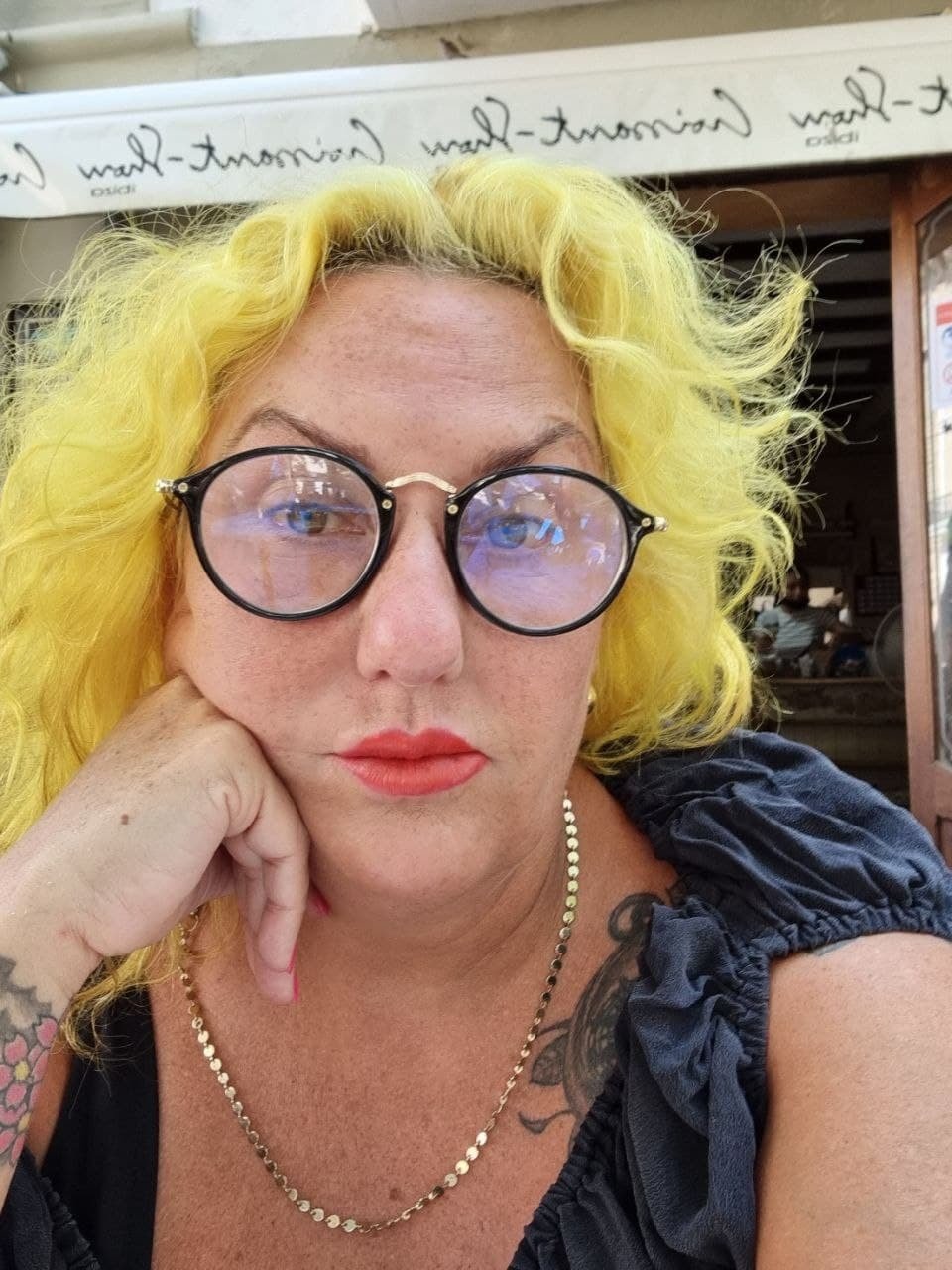As farmers destroy their crops, the queues at food banks get longer. We’re living in an insane world
The coronavirus lockdown has seen the number of hungry people using food banks quadruple, and the looming economic slump will make things even worse. We’re going to have to change how we operate.
You would think that in these unprecedented times of crisis, where it seems that communities, businesses, and politicians are speaking unprecedentedly with one voice, “stay at home,” “stay safe,” “look after each other,” “be good neighbours” and “Save the NHS” – we might think that there is a new-found compassion, fairness and a genuine empathy for each other.
And, more importantly, a growing recognition that our society had been lacking in support and care for certain sections of it. On the face of it, it seems that a virus has achieved in just a few weeks what many of us that have been marching, campaigning, arguing and fighting over for years: a fairer society, where everyone is important and no one should be left behind or worse: purposefully excluded.
Then I watched a video of a farmer destroying his food crops because he can’t sell them. Just as the Covid-19 lockdown sends the number of hungry people being forced to rely on food banks soaring. And I realise we still live in a crazy, irrational world, where money comes first, people a distant second, and working-class communities last.
I wrote a book in 2014 about a 15,000-strong community in Nottingham called St Ann’s, a large council estate where I had lived for 25 years, raised my family, had friends and family and was part of a strong, working-class community.
St Ann's, originally set up in the mid-19th century as a town for the working poor, has for many generations offered safety and homes and community for some of the most impoverished people in Nottingham and, indeed, the country. It’s also a place that has been stigmatised as dangerous by mainstream media – condemned for being full of drugs and drug dealing, single mums and gang violence.
But in reality St Ann's is a rich community with depth, love, strength and imagination beyond its expectation. As well as being home to indigenous, poor people, it has always offered a refuge to migrant people, who sometimes move through but often end up staying. My book, Getting By: Austerity, Class and Culture, opened this community up to those who have loved it but also those who demeaned it and were afraid of it.
This week, I received an urgent phone call from a very distressed youth worker about the imminent closure of the food bank in St Ann's, which was set up and run by local women to help the poorest people on the estate get something to eat. I know the place well, and the women volunteers who keep it open and running.
They will feed anyone who is hungry. You don’t need a voucher from the Jobcentre as many more institutional food banks require, and it is not connected to any religious organisation - it is simply a place that has been organised by the community and for the community.
A few years back, I introduced the filmmaker and activist Ken Loach to the St Ann's food bank, as part of his research for his harrowing film ‘I Daniel Blake’. He visited and met the volunteers and the community that use this hub – and the experiences of those families of St Ann’s was reflected in that film, which shocked the world when it was first screened at Cannes – was there really that level of poverty in the UK?
Also on rt.com Guess what, liberal thinkers? The working class doesn’t need your condescending op-edsPoverty has always been part of British life. I am not ashamed to say that: poverty does not shame those who are poor, but it does shame the national governments and the local councils who allow it to flourish. Poverty exists because our elected “public servants” run a system that allows a few to profit from the suffering of the many, and who turn a blind eye to the plight of the impoverished.
The Covid-19 pandemic is bringing this more clearly into the open. The food bank at St Ann’s used to feed about 50 people a week; since the lockdown measures that has now quadrupled to 200 people a week, and their shelves were so bare they were on the brink of shutting their doors.
They had asked for help everywhere they could think of, the local Nottingham councils and other organisations, but red tape, partisan politics and remote politicians had done what they always do – centralising and controlling the money and resources, and putting up impossible hoops to jump through to access those resources.
The women of St Ann’s did not have the energy or the access to those social networks in order to navigate yet another system that required them to “tick the boxes.” They were desperate and needed urgent help - and so did the people that used the food bank.
So they phoned me at my new home 150 miles northwards. Imagine being so desperate that you make a phone call to a former resident who had written a book about the community in the hope she might know someone to speak to. They’d set up an online fundraiser for the food bank, but it had got lost among the hundreds of other fundraisers for similar self-organised initiatives up and down the country. All equally overrun by hungry families and desperate for donations.
Also on rt.com George Galloway: PUSSYCAT media has failed to call out the UK government's ABYSMAL Covid-19 response. We should be angryWhen it comes to asking for help, those with more resources can set up a website, or understand and can engage in marketing. They have connections to political parties, and know people with large twitter followings, loud voices and sharp elbows. And even when it comes to feeding the poor, those with the most power feel entitled to do this. And like to do it, as a bit of virtue-signalling on such matters makes them feel good about themselves.
I have hundreds of examples of this – it’s not new to this current situation. There are ‘Social Enterprises’ that are teaching and mentoring middle-class people about how to “feed the poor,” or to set up charities “to help the poor.” “Year Here’” in East London runs a mentoring scheme for privileged young people to literally spend 12 months living for a year in the East End, while being mentored to set up their own ‘social enterprise’ mostly to help the poor.
A similar organisation near it, The Social Ark, is run by local working-class people working with working-class young people to become entrepreneurs themselves. It has also had to set up a funding page for public donations to support young people that have fallen through the cracks of the Governments support packages.
Following the phone call from St Ann's, of course I did what could. I called people that I know – mostly other working-class people - to ask for help and they responded from all around the world. St Ann's raised £7,000 in 24 hours, and is able to keep its doors open for the time being.
Also on rt.com This is not a war: Coronavirus pandemic presents unique opportunity to rebuild a sense of common goodIt is a start – and it won't solve all the problems of the people in St Ann’s, as they are structural and deep. Theirs is a story of exploitation by a system that sees them not as families, children, mother, grandfathers, neighbours but as service users – as units to be counted and treated as a faceless blob of problems that are best solved centrally, and by those who are better educated, have more power, and are ambitious in their careers as a politician or “social entrepreneur.”
No doubt the band-aid schemes during this crisis they come up with will result in accolades, careers made, and backs slapped. And when they depart, smug in their righteousness, St Ann’s food bank and The Social Ark will be picking up the pieces and trying to put together the broken lives of their communities.
Think your friends would be interested? Share this story!
The statements, views and opinions expressed in this column are solely those of the author and do not necessarily represent those of RT.
















